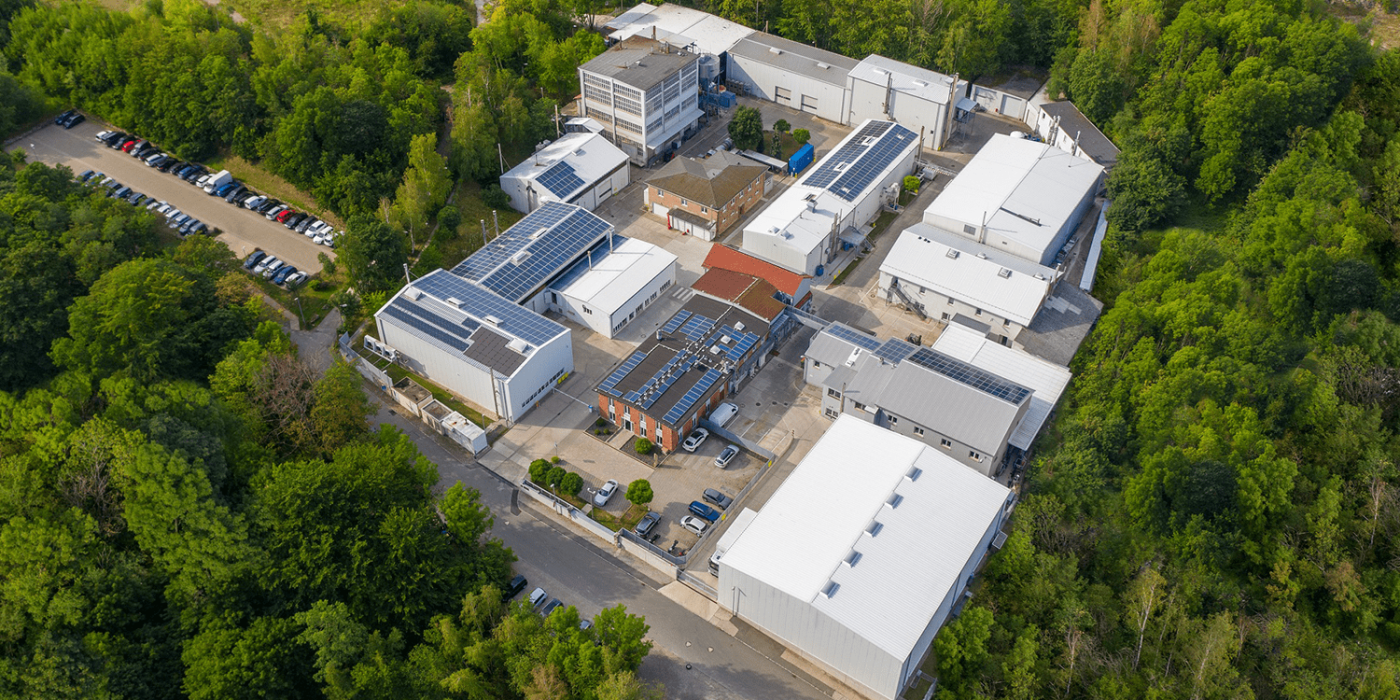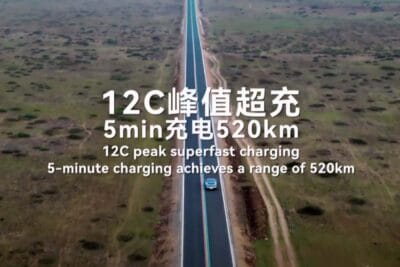LFP battery specialist IBU-Tec is stepping up work on sodium-ion batteries
The German company IBU-Tec Advanced Materials has primarily made a name for itself with its LFP battery material. In spring 2023 and November 2022, the company announced orders for the development and production of LFP cathode material for electric vehicles. A few months ago, the Weimar-based company followed this up with a new cathode active material called IBUvolt NMO. NMO stands for sodium manganese oxide.
The new NMO product is intended to form the basis for new types of sodium-ion batteries and is primarily designed for use in smaller electric vehicles, e.g. for city centre traffic, as well as in stationary energy storage systems. The development and production start-up of the cathode active material have already been successfully completed, the company now reports. The next step is to “further scale up the production of sodium manganese layer oxide beyond the 100 kg scale”, as IBU-Tec reports. And: “In the next step (…) IBU-tec will examine the cycle stability of the cathode in full cells and optimise it further.” The Weimar-based company is pooling its activities in this field in a research project.
In another research project, IBU-Tec is working with industrial partners (including Jungheinrich AG and UniverCell Holding GmbH) to develop a cathode active material based on sodium iron phosphate (NEP). The aim of the project, which will run until 2026, is to produce active material on a scale of 20 to 50 kilograms, which will later be processed into electrodes and installed in battery modules. “The novel sodium-ion battery systems (NIB systems) are intended to replace the lead-acid batteries established on the market in the long term and be used in electric industrial trucks, for example,” the company wrote. If the project is successfully completed, the aim is to commercialise it. The Federal Ministry of Education and Research is funding the project with around 2 million euros.
“We are very proud to be working with strong partners on innovative next-generation batteries,” says Jörg Leinenbach, CEO of IBU-Tec. “Sodium batteries are a technology of the future and can be used in a wide range of applications – they are also cheaper and better for the environment than other batteries. We therefore see good additional growth opportunities for IBU-tec in sodium-ion batteries.”
In November, IBU-tec announced that it had been working on the development and optimisation of sodium cathode active material since 2021. According to the company, it has succeeded in developing a two-stage process that can be applied to systems for LFP cathode material and should enable significantly more energy-efficient production compared to previously known production methods.
NMO consists predominantly of materials that occur frequently in the environment. Sodium is the sixth most common element on earth and can be extracted from sea salt or salt domes, among other sources. Manganese is the third most common metal after iron and titanium. Sodium-ion batteries could therefore be produced much more cheaply and with less environmental impact than lithium-ion batteries. The new type of battery is also considered to be very safe. The disadvantages include a lower energy density and a higher weight compared to lithium-ion batteries.
Leinenbach commented on the progress made with the new product as follows: “IBU-tec is already the technology leader in Europe for LFP cathode material. With the sodium-ion battery, the next generation of innovative batteries is already in the starting blocks – and IBU-tec is once again one of the pioneers and drivers of innovation here. We are thus positioning ourselves even more broadly in the battery sector and positioning ourselves in another growth market.”
As reported, IBU-Tec Advanced Materials AG only founded IBUvolt Battery Materials GmbH in mid-March 2023 in order to take account of the increasing importance of the battery materials business.
wallstreet-online.de, boersennews.de (in German)





0 Comments